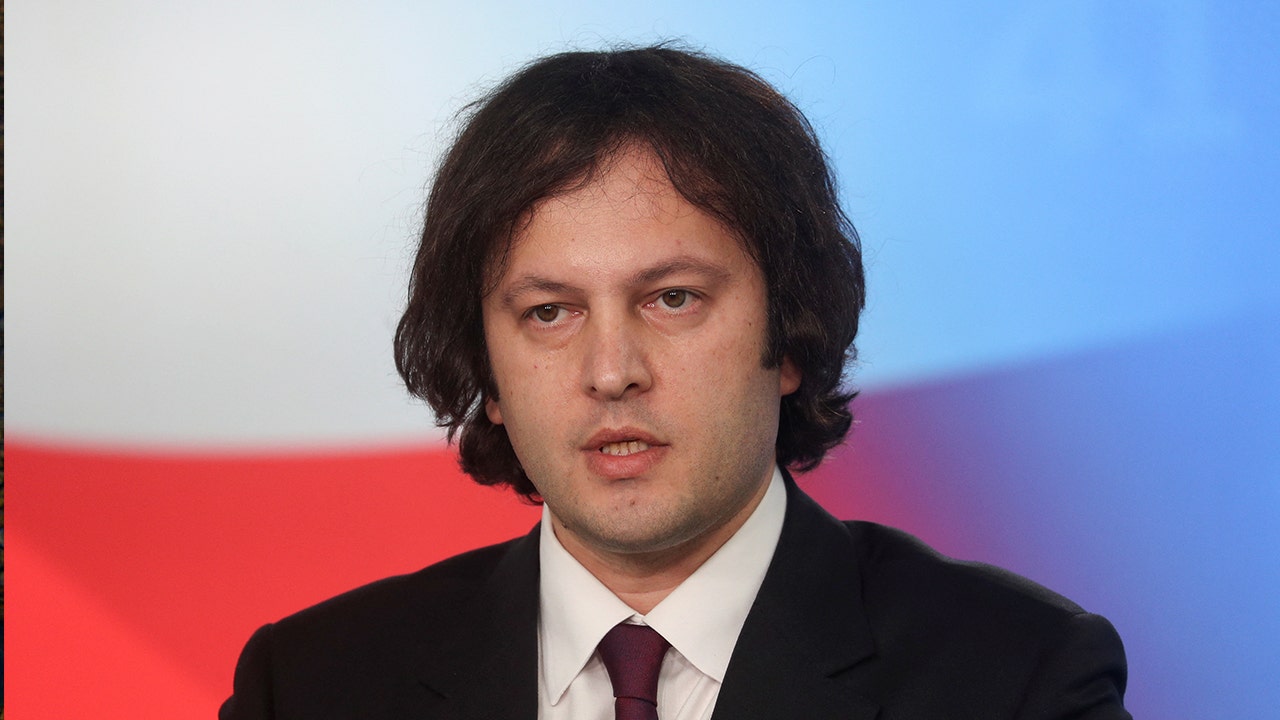Post-Soviet country Georgia shifting from pro-Western path, according to US, EU

Georgia is currently facing a political crisis that has caught the attention of the United States and other Western countries. Prime Minister Irakli Kobakhidze is under fire for cracking down on protesters who are rallying against the government’s decision to halt European Union accession talks for the next four years.
The unrest in Georgia, a country with a population of 3.7 million that was once part of the Soviet Union, has escalated in recent days. The Georgian Dream party’s announcement about suspending EU talks has sparked massive anti-government protests in the capital city of Tbilisi. Police have been using water cannons and tear gas to disperse the crowds, leading to a tense standoff between authorities and demonstrators.
Prime Minister Kobakhidze has defended the police’s actions, accusing the protesters of being influenced by foreign powers seeking to destabilize the state. He commended the police for their handling of the situation and claimed that they were upholding the constitutional order.
The international community, particularly the EU and the United States, have expressed concerns about Georgia’s shift away from a pro-Western stance and towards Russia. The ongoing protests and the government’s decision to suspend EU talks have raised alarms about the country’s democratic backsliding and authoritarian tendencies.
Russian security official Dmitry Medvedev has weighed in on the situation, warning that Georgia is on a dangerous path towards instability similar to Ukraine. He criticized the protesters for attempting to incite a revolution and accused foreign powers of meddling in Georgia’s internal affairs.
Despite facing condemnation from the US and criticism from Western allies, Prime Minister Kobakhidze remains defiant. He dismissed US criticism of the police’s use of force and downplayed the suspension of the strategic partnership with Georgia as a temporary setback. He also addressed the constitutional crisis triggered by outgoing President Salome Zourabichvili’s refusal to step down, vowing to uphold the rule of law.
The political turmoil in Georgia has highlighted the country’s delicate balance between Western aspirations and Russian influence. The government’s recent actions, including the crackdown on protests and the passage of controversial laws targeting NGOs and LGBT rights, have raised concerns about the erosion of democracy and human rights in the country.
As Georgia grapples with internal divisions and external pressures, the future remains uncertain. The international community, including the EU and the US, will be closely monitoring the situation and urging all parties to seek a peaceful resolution to the crisis.




